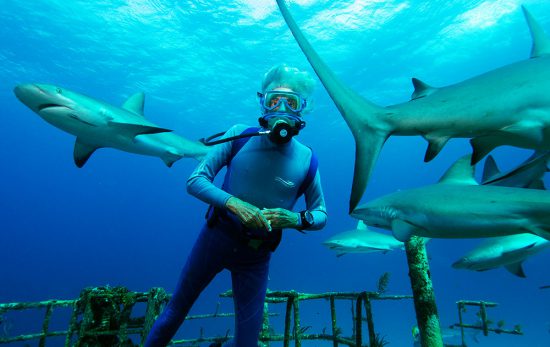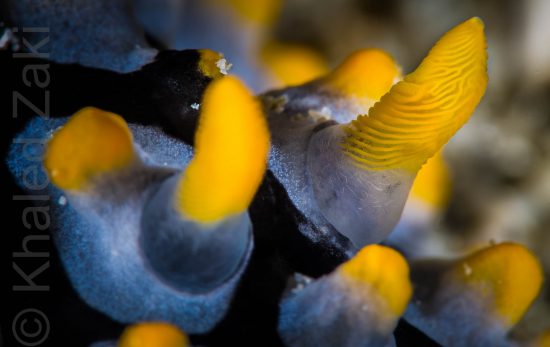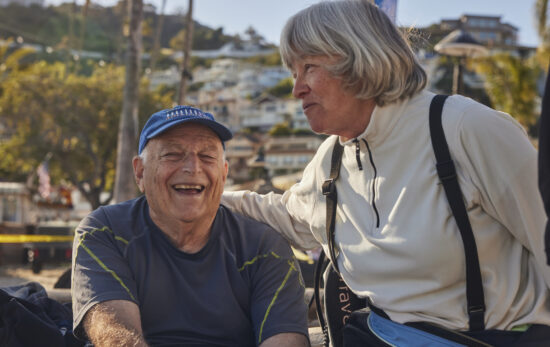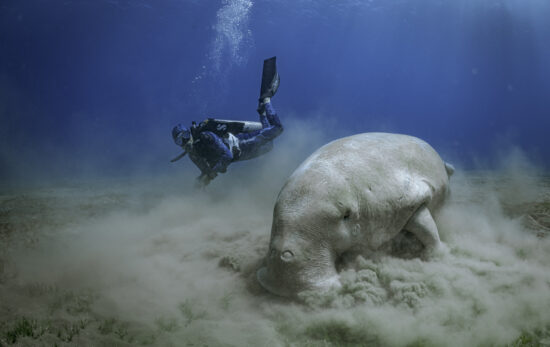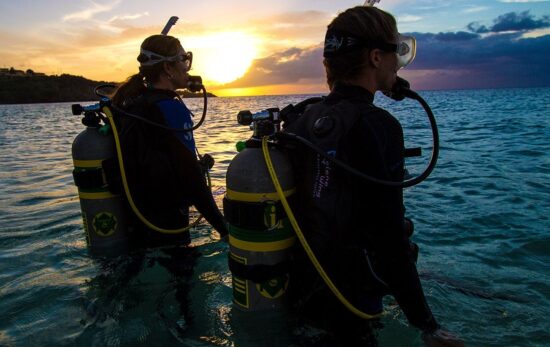Written by Laura Walton
Ask any keen scuba diver and they will probably tell you scuba diving keeps them sane! However, when it comes to diving with mental health conditions, research has barely begun. Here are some of the questions divers are starting to ask:
Q: How can scuba diving benefit mental health?
A: Honestly, this is not well understood yet.
Perhaps it is the escape and respite from daily life and the need to slow down. Most activities are about faster and better. Scuba diving is different. For a dive to go well, we are forced to be slow and efficient.
It could be the way we learn to regulate our breathing and emotional reactions underwater. Scuba divers need to be aware and alert to problems while at the same time calm and in control of behaviour. Did you ever notice that “STOP-THINK-BREATHE-ACT” can work everywhere?
Or maybe our obsession with getting underwater on every possible occasion drives the need to stay physically healthy and emotionally well. The experiences we have as scuba divers are meaningful and bring an enduring sense of purpose.

Q: Is it safe to dive with a mental health condition?
A: This depends on your condition and current functioning.
Everyone’s mental health varies! Stress and “burnout”, anxiety and low-mood, are common concerns. In some cases, leaving the work behind and getting some rest is enough to be okay.
But there are specific mental health conditions to consider: anxiety disorders and depression, trauma-related conditions, psychosis and bipolar diagnoses. These affect a person’s mood and ability to think clearly, and to problem-solve and make decisions. Poor mental health and high stress levels can make it hard to learn and remember information. Communication and social interaction may also be affected.
For these reasons, if you have a history of psychiatric or behavioural problems, or current concerns about your mental health, it is vital to seek medical opinion before scuba diving.
Q: What about scuba diving while taking psychiatric medicines?
A: The effects of some medications can alter under water.Stopping medication also has effects, so always seek medical advice before scuba diving or changing your medication.
Q: Should I tell my instructor?
A: You will complete a medical questionnaire and submit your doctor’s written statement. Beyond this, it’s a personal choice. Scuba diving instructors are not able to provide medical advice. However, being open about your concerns may help them to provide you with clearer expectations and suitable options for training.
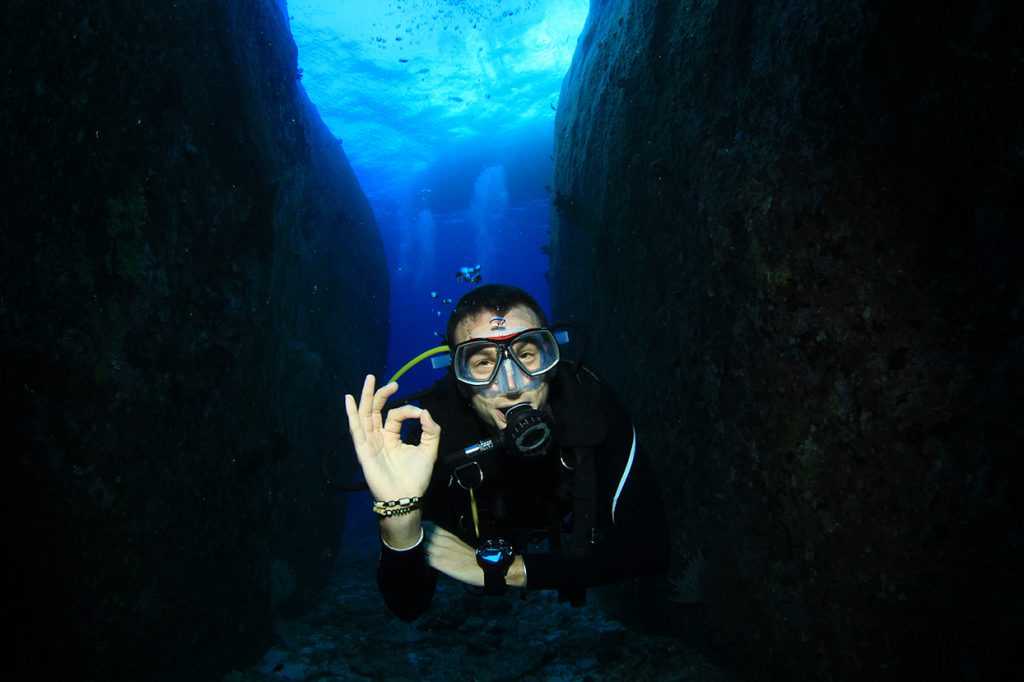
Q: Do I need specialist support?
A: This will depend on your condition and medical history. For many people, this will not be necessary.
But, with complex or chronic conditions, there are additional risks that need to be managed. Therapeutic and adaptive scuba diving may be offered by a suitable organisation; one whose staff are trained in adaptive scuba techniques and in responding to mental health concerns.
Q: How do I know if I am psychologically fit-to-dive?
A: Being fit-to-dive means having the capacity to learn and apply the necessary skills to stay safe as a diver. You will need to be able to “self-regulate”. This means being able to deal with the emotional reactions that occur when we face challenges. Dealing with negative or anxious thoughts, and, most importantly, having control of your own actions.
Q: Should I use scuba diving to improve mental health?
A: Making life about getting rid of unwanted aspects can take attention away from the stuff we do want. So, using scuba diving may not work. But, focus on what you love about diving; and it can become your reason to breathe.
AUTHOR BIO:
Dr Laura Walton is a Clinical Psychologist and PADI IDC Staff Instructor with a fascination for the psychology of diving. Visit scubapsyche to learn more about our behaviour as divers.

